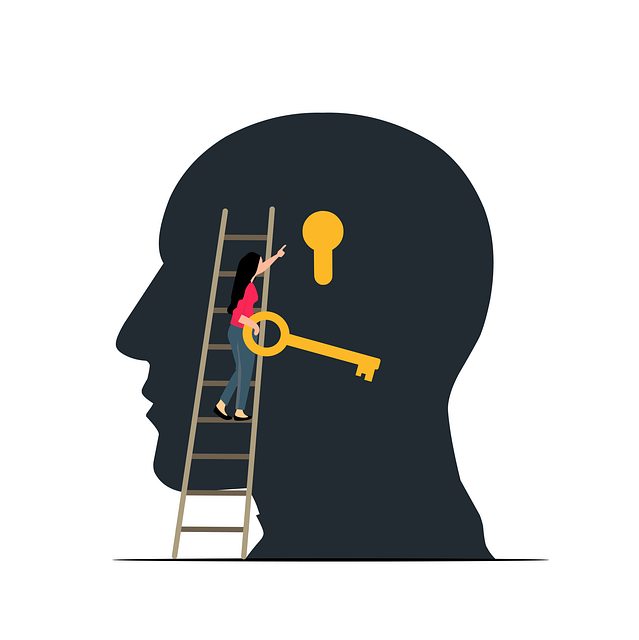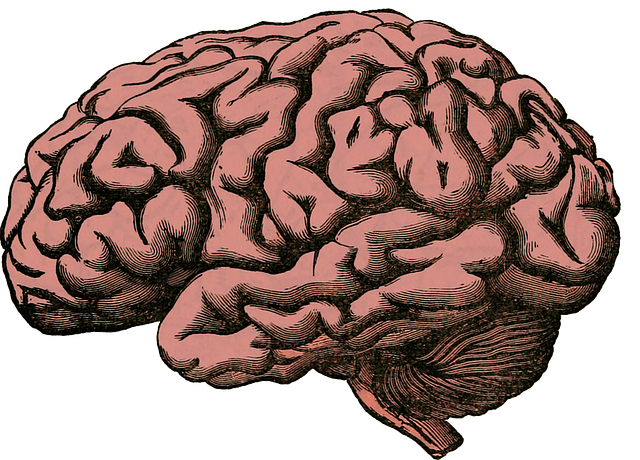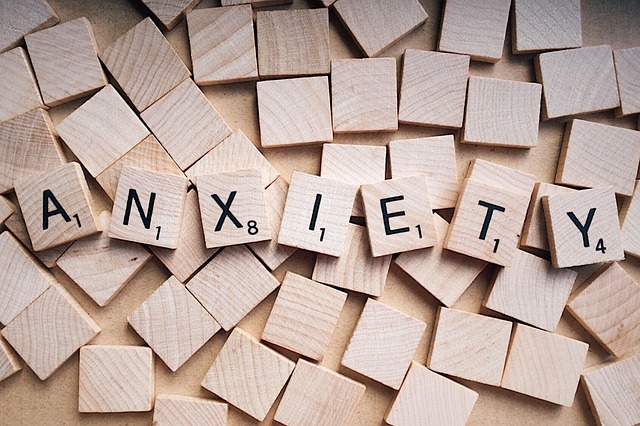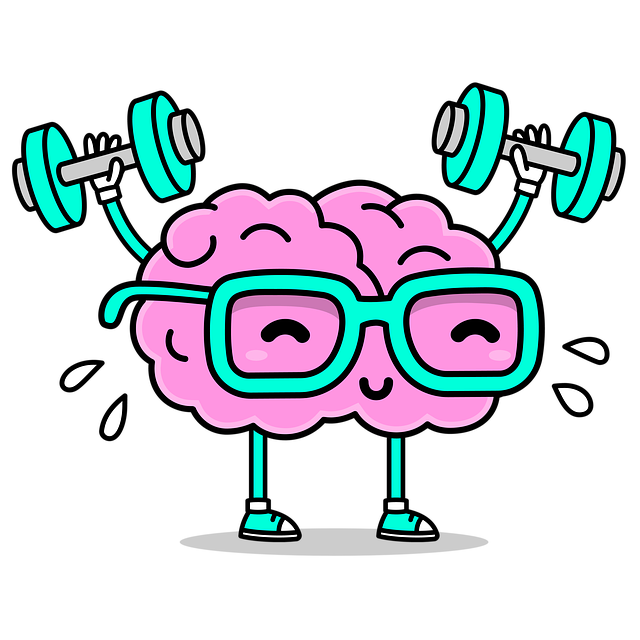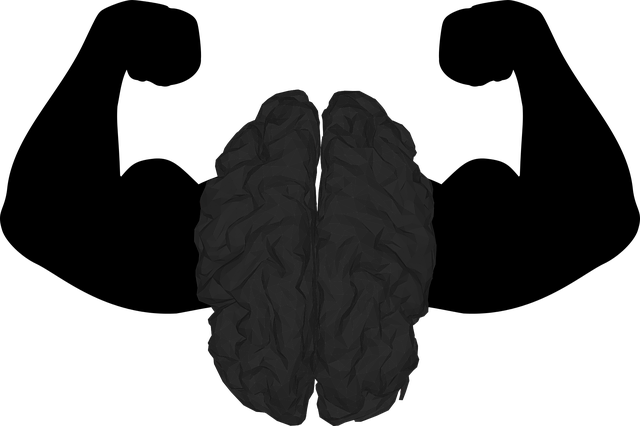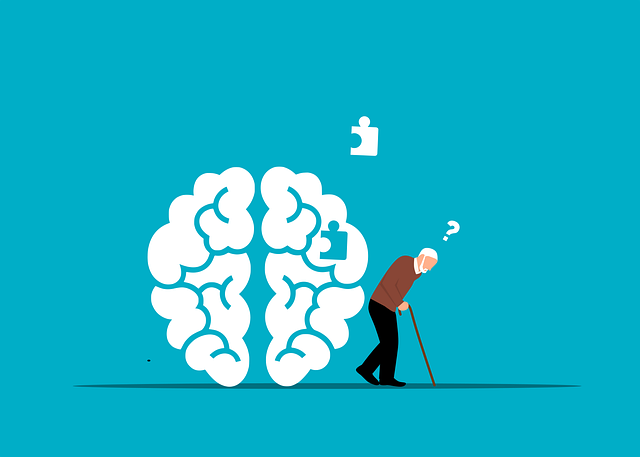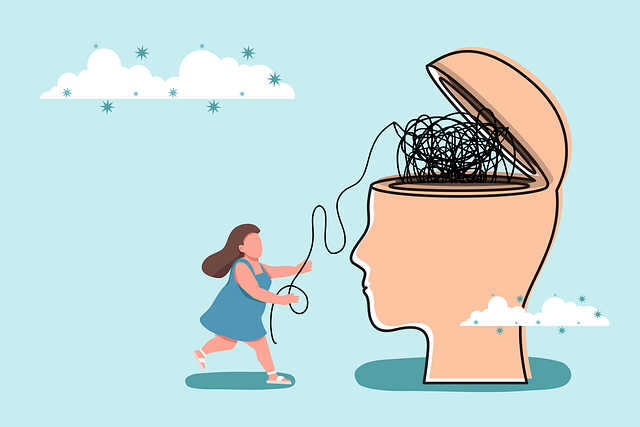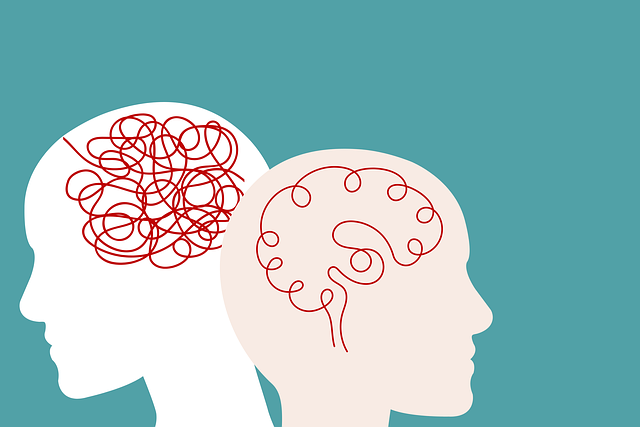Anxiety, a normal stress reaction, becomes debilitating when persistent. Centennial Codependency Therapy (CCT) offers a holistic approach, addressing root causes and promoting emotional well-being. By identifying triggers, developing healthier coping strategies, encouraging self-care routines, and improving communication skills, CCT empowers individuals to manage anxiety effectively. This therapy incorporates cognitive behavioral techniques, exposure therapy, relaxation techniques, and cognitive restructuring exercises for lasting results, ultimately enhancing quality of life.
Anxiety is a prevalent condition affecting millions, yet managing it effectively can lead to improved quality of life. This comprehensive guide explores various techniques to combat anxiety, from understanding its symptoms and triggers to holistic approaches like Centennial Codependency Therapy. We delve into cognitive behavioral techniques and highlight lifestyle changes that foster well-being. By combining these strategies, individuals can navigate their anxiety journey with resilience and reclaim control over their lives.
- Understanding Anxiety: Symptoms and Triggers
- Centennial Codependency Therapy: A Holistic Approach
- Cognitive Behavioral Techniques for Management
- Lifestyle Changes for Enhanced Well-being
Understanding Anxiety: Symptoms and Triggers

Anxiety is a natural response to stress or perceived threats, but when it becomes overwhelming and persistent, it can significantly impact daily life. Understanding anxiety involves recognizing its various symptoms, which range from physical sensations like rapid heartbeat and sweating to emotional distress such as fear, worry, and restlessness. These symptoms often manifest in specific situations known as triggers—for instance, social gatherings might induce panic in those with social anxiety, while certain environments or memories could evoke traumatic responses.
Centennial Codependency Therapy offers valuable tools to help individuals decipher these triggers and develop healthier coping mechanisms. By promoting self-care routine development for better mental health, this therapy encourages the adoption of self-care practices that can mitigate anxiety symptoms. Additionally, creating a mental wellness podcast series production might be part of the therapeutic process, providing an outlet for expression and a means to educate others about managing anxiety—all contributing to an overall improved quality of life.
Centennial Codependency Therapy: A Holistic Approach

Centennial Codependency Therapy (CCT) offers a holistic approach to anxiety management by addressing the root causes of distress and fostering emotional well-being promotion techniques. Unlike traditional therapy models that often focus on symptoms, CCT delves into the intricate dynamics of relationships and behaviors, identifying patterns that contribute to anxiety. This therapeutic framework recognizes that individual growth is deeply intertwined with our connections to others, promoting improved social skills training as a key component.
Through CCT, individuals learn effective stress reduction methods tailored to their unique needs. By fostering healthier relationships and enhancing communication, clients develop coping strategies that extend beyond the therapy room. This approach encourages self-discovery, empowerment, and resilience in managing anxiety, ultimately enabling individuals to lead more fulfilling lives.
Cognitive Behavioral Techniques for Management

Cognitive Behavioral Techniques (CBT) have proven to be highly effective tools for anxiety management. This therapeutic approach focuses on identifying and modifying negative thought patterns that contribute to feelings of anxiety. By breaking down complex thoughts into more manageable components, CBT enables individuals to challenge and replace irrational beliefs with healthier, more realistic perspectives. One specific form of CBT, Centennial Codependency Therapy (CCT), goes beyond traditional CBT by integrating communication strategies tailored for those dealing with codependent relationships. CCT helps clients develop healthier boundaries and improve their Mental Health Awareness, thereby reducing the impact of anxiety stemming from interpersonal dynamics.
Effective anxiety management through CBT involves a collaborative process between the therapist and the client. Therapists guide individuals through a structured risk assessment for mental health professionals to understand the triggers and severity of anxiety symptoms. This comprehensive evaluation informs personalized treatment plans that may include exposure therapy, relaxation techniques, and cognitive restructuring exercises. By combining these strategies, CBT equips individuals with valuable coping mechanisms to effectively manage anxiety in various aspects of their lives.
Lifestyle Changes for Enhanced Well-being

Anxiety management goes beyond mere coping mechanisms; it involves a holistic approach to well-being. Lifestyle changes play a pivotal role in fostering resilience and reducing anxiety. One effective strategy is incorporating self-care practices into daily routines, such as regular exercise, mindfulness meditation, and sufficient sleep. These habits not only promote physical health but also strengthen the mind over matter principles that empower individuals to confront anxious thoughts with greater clarity and composure.
Additionally, breaking free from codependent behaviors can significantly enhance mental well-being. Centennial Codependency Therapy emphasizes the importance of setting healthy boundaries and cultivating independence in relationships. By adopting these practices, individuals can develop a deeper sense of self-worth, improve their ability to manage stress, and ultimately build resilience against anxiety disorders.
Anxiety management is a multifaceted journey, and by combining insights from understanding anxiety triggers with effective therapeutic approaches like Centennial Codependency Therapy, individuals can gain significant control over their mental health. Integrating cognitive behavioral techniques into daily life, coupled with positive lifestyle changes, offers a holistic path to enhanced well-being. Remember that managing anxiety is a personal process, and exploring these diverse strategies can empower folks to lead happier, less anxious lives.

